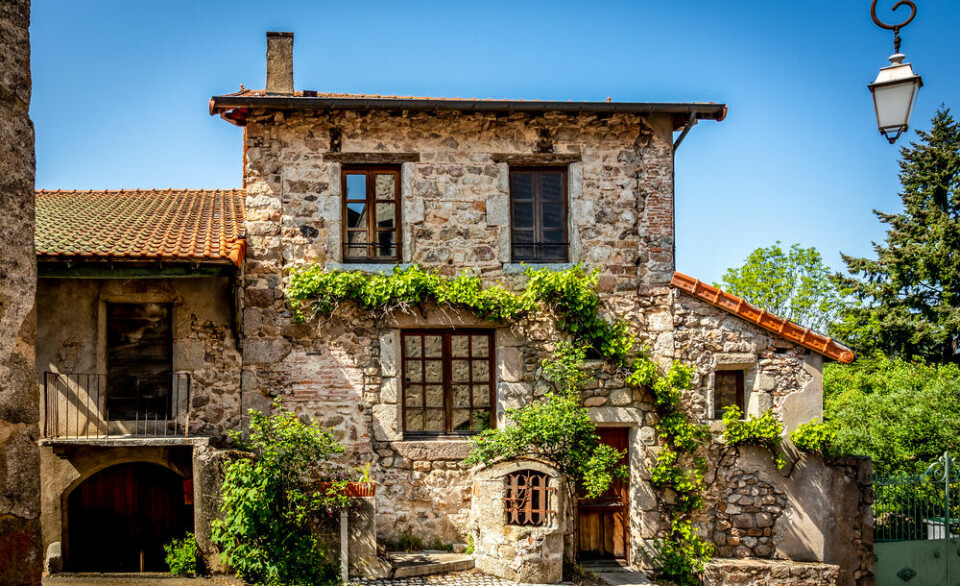-
Drinking tap water restricted for children in south-west France communes
Haute Garonne prefecture says the measure is precautionary and due to high chlorate levels
-
France targets imports from South America over banned chemical concerns
Avocados, mangoes, and cherries among food items set to be tested before entry
-
Duck Cold! Four French phrases to use when it is freezing outside
We remind you of French expressions to use to describe the drop in temperature
Green news - June 2018
An update on environmental events and occurrences in France

Solar energy goes through the roof
A Nantes company is bringing together people who want to install solar panels on their roofs but cannot afford them, with others who have some money aside and want to invest in renewable energy.
CoWatt launched in September 2017, and has already got 30 projects under way. “We are convinced that energy transition will be made with the citizens,” said co-founder Julien Bouron. “Setting up a [solar energy] project and investing seems difficult for many. We want to show that by removing technical and legal obstacles, everyone can access them.”
The company’s operation across Pays de la Loire makes it possible to pool administrative costs, which would be too heavy to bear for individuals or small businesses. The company also intends to reinvest its profits in information initiatives.
Major plans for shifting sands
At the surfer’s paradise of Lacanau (Gironde), experts predict that the coastline will retreat 65metres by 2040 and 165metres by 2100 due to erosion – and local authorities have identified two possible remedies to protect the town.
The first is the creation of a huge dyke along the seafront, although this would need constant upkeep. The second option, which is splitting local opinion even at early discussion stages, is to remove the 1,200 homes and 100 businesses currently within the danger zone and rebuild them elsewhere in the town.
‘Relocalisation’ on this scale would be a first in the world – there are no laws in place for its implementation or funding.
PR moves for endangered species brands?
From giraffes and tigers on cereals and sweet packets to major French brands such as Peugeot and Lacoste whose logos depict animals (lion, crocodile), cartoonised images of wild animals are everywhere you look in French supermarkets. Now market researchers at the CNRS, France’s national scientific research centre, say firms should be doing more to protect the very species that they ‘exploit’.
Valéry Pothain, an ecologist and CNRS researcher, said that, by showering us with images of animals, companies trick the shopper into believing that the species are still flourishing, when in many cases the opposite is true. His idea is that the firms pay a ‘royalty’ to protect the species.
This spring, Lacoste has launched a collection of polo shirts with its crocodile logo replaced by 10 endangered species, including rhinoceros, lemur and turtle.
Action required on light pollution
The Conseil d’Etat, France’s highest administrative jurisdiction, has condemned the government for its inaction in the fight against light pollution, demanding that Nicolas Hulot, Minister for Ecological and Solidarity Transition, issues new measures ‘within a period of nine months’.
2010’s Grenelle II law set out measures against light pollution, but orders specifying their implementation have never been made public, which prompted environmental associations to refer the matter to the Conseil d’Etat.
“It is now urgent to move from intention to action so that these objectives are finally met,” said a spokesman.
Night light pollution, or photopollution, disrupts the biological clock, increasing the risk of cancer, diabetes and depression, as well as disrupting ecosystems.
























